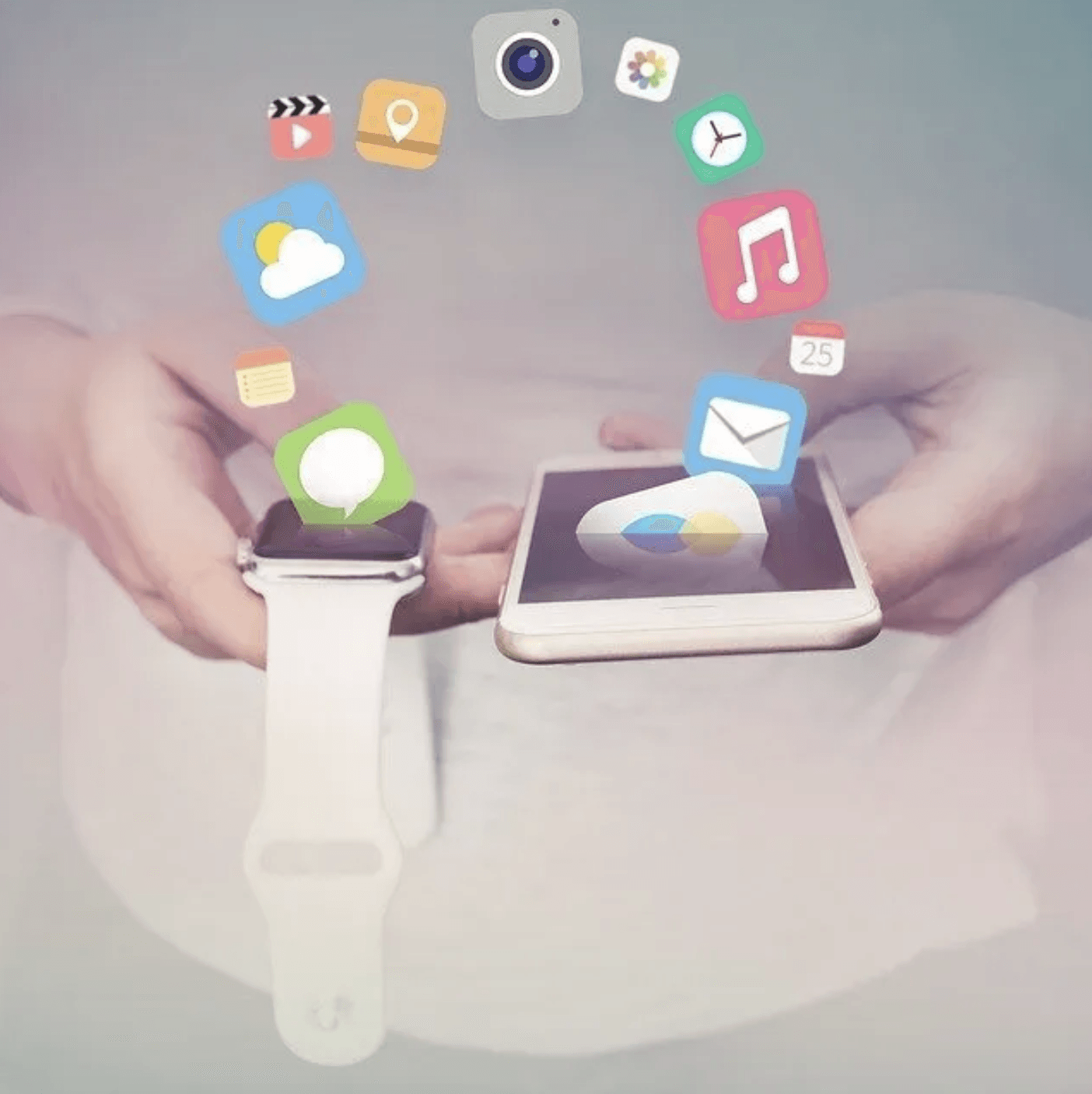+1-800-298-3165
App news roundup 06 March
Rebecca Appleton • 6 March 2020
Catch up on all the latest news from the app industry

While it may not seem possible, we’re already rapidly approaching the end of Q1 for 2020 and with the weeks whizzing past, this might mean that you have been too busy to keep up on industry events. If you’re a regular reader, you’ll know that we want to ensure you have your finger on the pulse of what’s happening in the app world in order to help you thrive with our award-winning Business-In-A-Box mobile app agency opportunity. Here’s what you may have missed lately…
Popular Chinese chat app censored coronavirus content
A new report has suggested that the messaging app, WeChat has been censoring coronavirus-related content since the beginning of the outbreak. A research company found that the app blocked negative comments about the Chinese president along with any mentions of the virus. This is significant because the censoring of chat discussions by app users was found to be happening as far back as 01 January, just one day after the Chinese government reported the emerging virus to the World Health Organisation and several weeks before the extent and severity of the outbreak was revealed.
According to a BBC News Report, the coronavirus wasn’t publicly addressed in China until 20 January. The report says around 400 keywords were created on the app watch list, with messages sent between users containing those phrases censored by the WeChat app.
Facebook begins desktop app rollout
Facebook has begun to roll out a desktop version of its app, Messenger. The new app has so far launched for Mac- while not available in Facebook’s home country of the USA just yet, the desktop version is accessible elsewhere.
The social network first gave notice that it would launch desktop versions of some of its apps at its developer conference last year so we can assume the desktop Messenger app will also come to other platforms and roll out in new countries over time, including the USA.
Apple releases new App Store guidelines
Apple has issued app developers with a set of new guidelines outlining what is and isn’t permissible for apps submitted to the App Store. In its official confirmation of the changes, Apple said, “To continue providing a safe experience for users and help you successfully develop apps that are secure, high-quality, reliable, and that respect user privacy, the App Store Review Guidelines have been updated. The changes impact replies to reviews, spam, push notifications, Sign in with Apple, data collection and storage, mobile device management, and more.”
Share this post:













